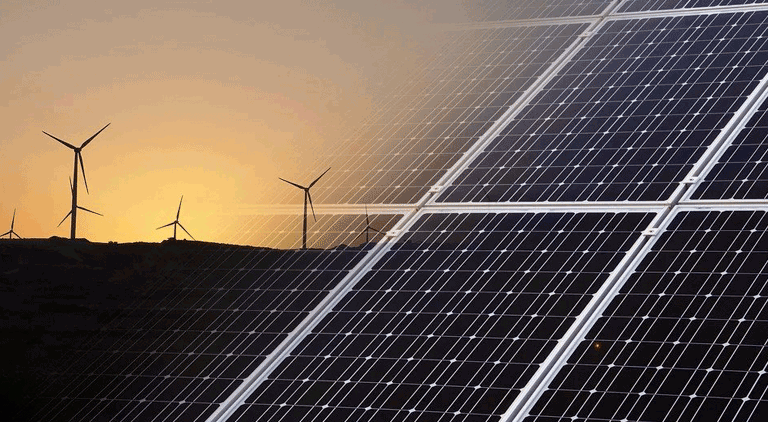India could attract $500-700 billion new investment in renewable by 2030
By EPR Magazine Editorial March 6, 2020 2:09 pm IST
By EPR Magazine Editorial March 6, 2020 2:09 pm IST

Policy certainty will increase domestic and international investing into India, finds a new report out by the Institute for Energy Economics and Financial Analysis (IEEFA). “India is one of the world’s largest and fastest growing markets for renewable energy and power transmission,” says report author and IEEFA’s Director of Energy Finance Studies Tim Buckley.
“Domestic renewable energy tariffs are now two thirds the cost of domestic coal-sourced power tariffs and half that of new imported thermal power costs. India must be very proud of this result, and they must leverage this opportunity to enhance energy security whilst securing deflationary domestic energy investments. The opportunity cost of delaying India’s electricity sector transition is too high. With a few policy tweaks, India could be back on track to meet its ambitious target of 450 GW of renewable by 2030.”
We use cookies to personalize your experience. By continuing to visit this website you agree to our Terms & Conditions, Privacy Policy and Cookie Policy.